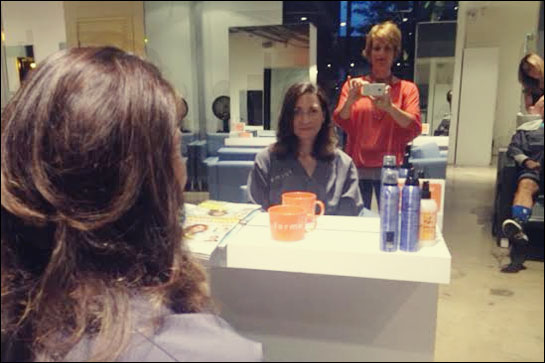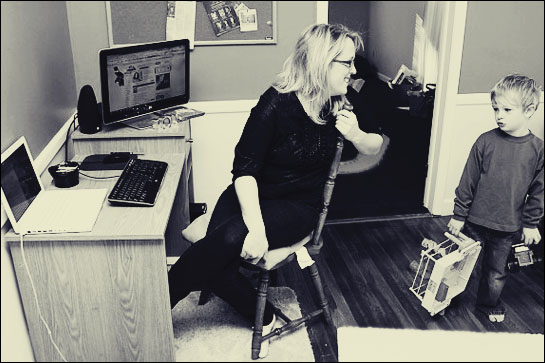
The name of the course is, Be Your Real Self Without Feeling Frustrated. It includes four days of on-demand video sessions and email-based course materials. Sign up now.
My driver, Carla, is an INFJ. I probably spend more time with her than I do with anyone else, so I focused really hard on being an expert on her type because the best way to get along with someone – an adult or a child – is to understand their type.
INFJs are complicated. They are creative and giving but it takes them awhile to trust someone enough to show themselves. Also, most of an INFJs life happens inside their head, so you have to have patience to let them process that way.
A great example of this is when Carla took care of my garden for a month when I was traveling. She’s an expert at peonies, but she didn’t tell me until later. After she had made the peony bed phenomenal and pointed out that I bought three rare peonies and didn’t even know it. She said she didn’t tell me at first because I wouldn’t have cared. And you know what? She’s right.
That’s another thing: INFJs are always right about people.
I know a lot about INFJs, but I love learning more, so I did some random googling and I read something a teacher said to an INFJ first-grader: “People have been trying to figure out the meaning of life for centuries, so you are not going to figure it out right now. Give yourself a break. Have some fun. You can think about the meaning of life when you’re older.”
The problem with that is thinking of the meaning of life IS fun for the INFJ. And also, they always function older than their years, so they don’t need to “wait til they’re older.”
It feels good to understand something like that. To put one more piece in the puzzle. But then I thought, I want to know more about my own kids. Every little thing I learn about my own kids’ personality type makes me a better parent. So I got sidetracked and googled ESFP. That son’s type is very hard for me.
But more on his type later. (Like when I do a course about why ESFPs get diagnosed with ADD when they just need to be in a dance class.)
My point here is that it is absolutely imperative that parents and spouses understand the personality types in their families. I’m convinced that marriages would stay together if people understood type, because knowing someone’s type makes you less likely to expect something of them they cannot deliver on. And knowing your own type makes you more likely to understand why your spouse can’t be as great at doing what matters to you as you are.
Parenting should be an exercise in being an expert on your kid’s type. It’s like parenting blind vs taking off the blindfold. That’s how dramatic it is to be an expert on type. So, this course is for INFJ types. And other courses are coming. And meanwhile, do a google search. Learning just one more thing about my sons makes me happy.
And, if you’re not sure about your child’s type, you can email me and I’ll help you figure it out. Meanwhile, here’s a link to the INFJ course.
This course includes four days of on-demand video sessions and email-based course materials. The cost is $195. Sign up now.










